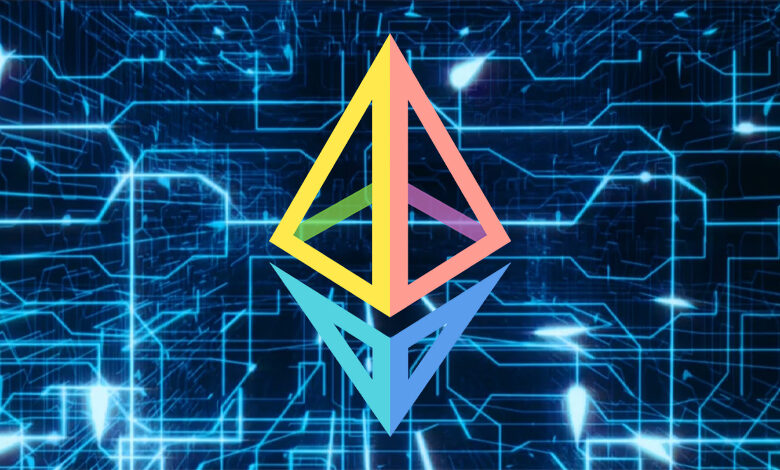Ethereum Developers Set Dencun Upgrade Date After Successful Testing

Ethereum developers are gearing up for a major step with the anticipated launch of the Dencun upgrade to introduce several Ethereum Improvement Proposals (EIPs) aimed at enhancing the platform’s efficiency.
Among these proposals, proto-dank sharding stands out as a promising solution expected to drive down transaction costs on layer-2 solutions.
Ethereum core developer Tim Beiko shared encouraging updates regarding the upgrade, noting that recent testing had been successful. During the All Developer Execution Call (ACDE) 180 meeting, Ethereum developers discussed the recent success of the Sepolia fork on January 30 and the upcoming Holesky testnet upgrade on February 7.
The Dencun upgrade, outlined in a blog post by the Ethereum Foundation, entails significant alterations to Ethereum’s consensus and execution layers.
Following last year’s Shapella upgrade, which allowed the unstaking of Ether and aimed to attract institutional investors, the Dencun upgrade will further enhance Ethereum’s capabilities.
“Assuming everything looks good by then, we’ll pick a mainnet fork time on next week’s ACDC [All Core Developers Call],” stated Beiko, hinting at the activation of Dencun.
Galaxy Digital’s vice president of research, Christine Kim, estimates an 80% chance of Dencun’s mainnet activation by the end of March, with a possibility of an earlier launch by the end of February, albeit with lower odds.
It is worth noting that the Dencun network upgrade was activated on the Goerli testnet on January 17, introducing several EIPs, including EIP-4844, which enables proto-dank sharding. This improvement is anticipated to significantly reduce transaction fees on Ethereum layer-2 solutions.
Proto-dank sharding aims to alleviate the cost burden associated with rollups, a common technique for batching transactions off-chain and submitting computational proofs to the Ethereum blockchain, according to Cointelegraph.
By introducing a new compartmentalized container for data called “blobs,” proto-dank sharding aims to make data availability cheaper, ultimately driving down transaction costs.




